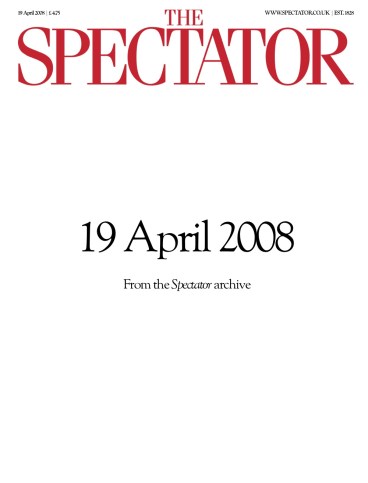Open to the world?
One may make a distinction between two types of novel: the self-enclosed and the open. The distinction is not absolute. Such things never are. Genre fiction may merge with what is called the literary novel, for instance. Still the categories I have in mind are useful, or at least interesting. By the self-enclosed novel, I

